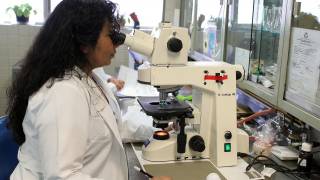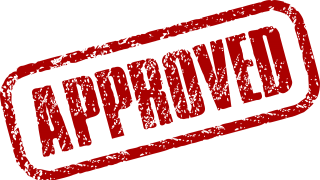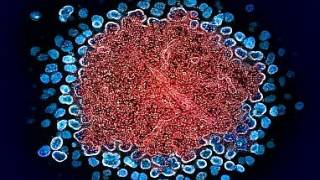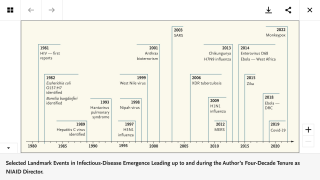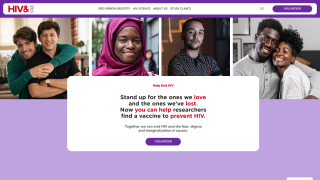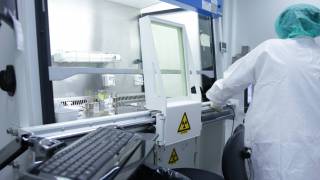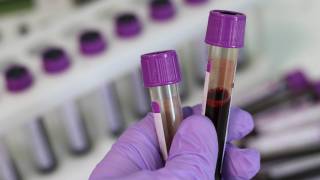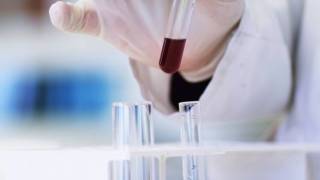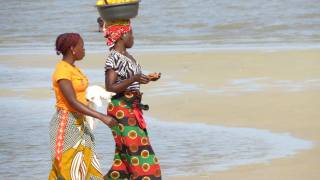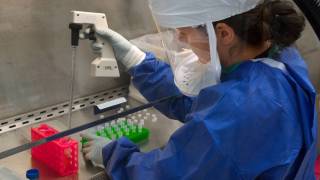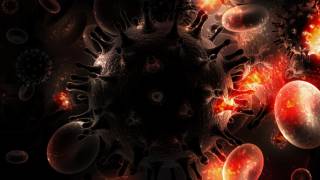HIV Vaccine Candidate Fails in South Africa Study
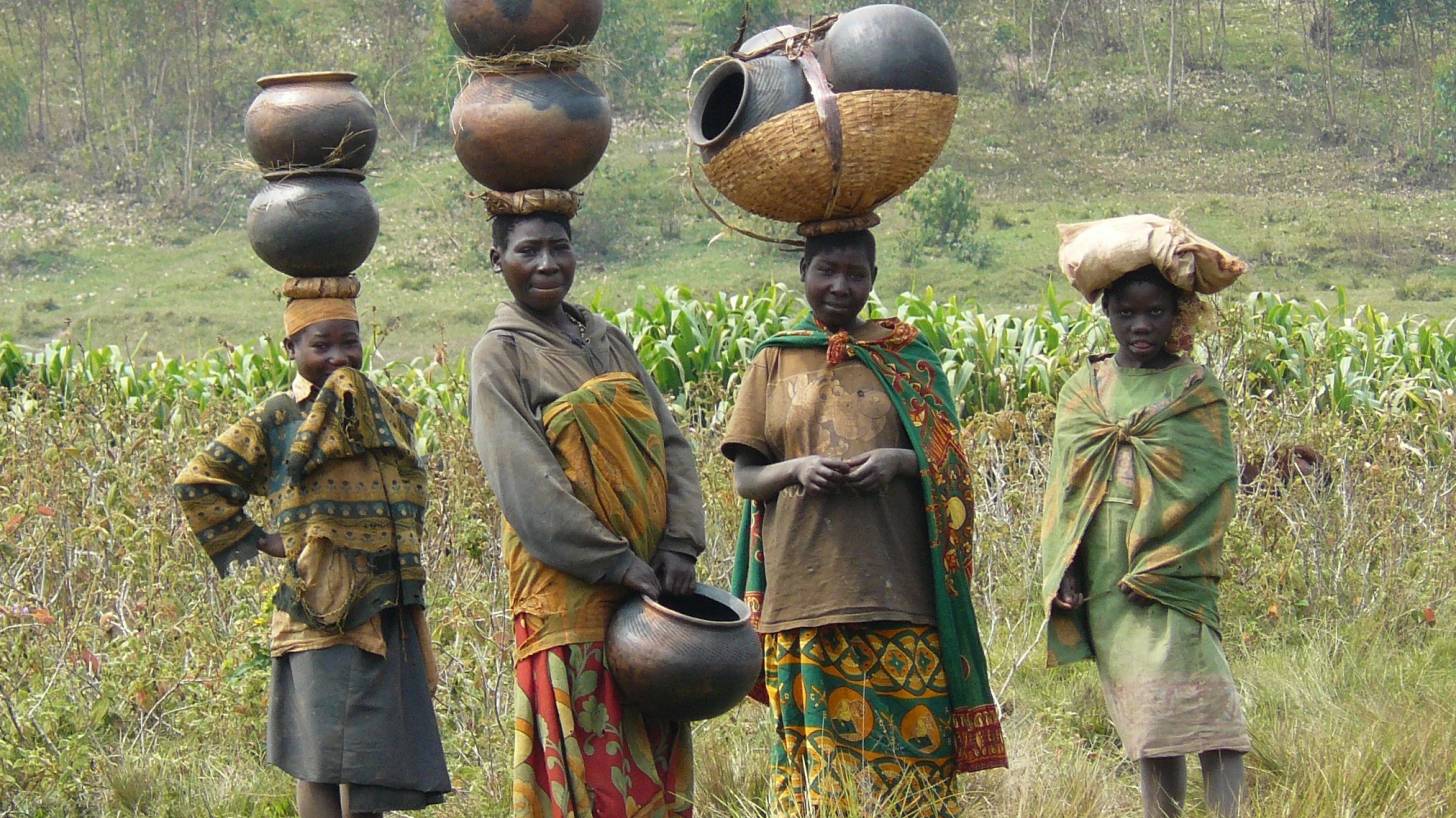
The Human Immunodeficiency (HIV) vaccine efficacy study known as HVTN702, has been discontinued.
According to reporting by the journal Science published on February 3, 2020, an independent monitoring board informed leaders of the South Africa phase 2b/3 clinical study that it was “futile” to continue.
National Institute of Allergy & Infectious Diseases (NIAID) Director Anthony S. Fauci, M.D., said in a statement 'the development of an (HIV) vaccine is essential to “end the global pandemic” and they had hoped this asset would work. Regrettably, it does not.'
This study was a ‘prime and boost’ strategy.
This HVTN702 study evaluated the preventive vaccine efficacy, safety, and tolerability of ALVAC-HIV (vCP2438) + Bivalent Subtype C gp120/MF59 in HIV-seronegative adults over 24 months and potentially up to 36 months from enrollment.
The ‘prime’ was a canarypox virus that carries genes for HIV’s surface protein and 2 of its other structural proteins.
The ‘boost’ contained a recombinant version of the surface protein mixed with an immune system booster, or adjuvant, called alum.
Various HIV scientists had doubted this study would succeed because the vaccines used in the prime-boost scheme had only produced lackluster results in a previous efficacy study in Thailand. In that study, the vaccine candidate’s efficacy was reported to be just 31 percent.
This article says ‘no one knows which immune responses can prevent an HIV infection—the so-called correlates of immunity—but many researchers have focused on creating a vaccine that can trigger antibodies capable of “neutralizing” the ability of the virus to infect cells in lab studies.’
Mitchell Warren, who heads a nonprofit HIV prevention advocacy group, says this latest vaccine failure won’t slow the vaccine field.
“There are other products in efficacy trials and there’s a slightly larger pipeline in phase I trials than we’ve had in a long time,” says Warren.
Similar to smallpox and polio vaccines, a preventive HIV vaccine could help save millions of lives.
Human immunodeficiency virus type 1 (HIV-1) is a retrovirus that, if left untreated, can progress to acquired immunodeficiency syndrome (AIDS), a condition in which the immune system is severely compromised, leading to life-threatening conditions.
In the USA, data shows that around 80 percent of the infected population are aware of the status, but less than half of those who have been diagnosed have HIV under control, says the CDC.
The NIAID said the vaccine approach used in the HVTN 702 trial is different from that being tested in other HIV vaccine studies, including the Imbokodo study and the Mosaico study.
Jannsen Vaccines produced an HIV vaccine candidate that deploys a prime-boost scheme with a preparation that contains a “mosaic” of HIV genes from different subtypes of the virus that researchers stitched into a harmless adenovirus.
The purpose of this phase 3 study is to evaluate the vaccine efficacy of a heterologous vaccine regimen utilizing Ad26.Mos4.HIV and aluminum phosphate-adjuvanted Clade C gp140 and Mosaic gp140 for the prevention of HIV-1 infection in HIV-1 seronegative cis-gender men and transgender individuals having sex with cisgender men and/or transgender individuals.
In earlier tests, this Jannsen vaccine also did not trigger neutralizing antibodies but produced high levels of binding antibodies and other immune responses. A booster shot consists of a mosaic version of HIV’s surface protein mixed with the alum adjuvant.
The Janssen Vaccines & Prevention B.V. study was last updated on December 24, 2019.
HIV vaccine candidate news published by Precision Vaccinations.
Our Trust Standards: Medical Advisory Committee


